The Wheat Princess
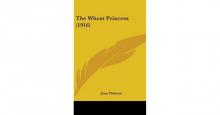

Author: Jean Webster
Category: Literature
Published: 2014
Series:
View: 323
Read OnlineThis historic book may have numerous typos and missing text. Purchasers can usually download a free scanned copy of the original book (without typos) from the publisher. Not indexed. Not illustrated. 1905 edition. Excerpt: ... CHAPTER XII THE week following Easter proved rainy and disagreeable. It was not a cheerful period, for the villa turned out to be a fair-weather house. The stone walls seemed to absorb and retain the moisture like a vault, and a mortuary atmosphere hung about the rooms. Mr. Copley, with masculine imperviousness to mud and water, succeeded in escaping from the dampness of his home by journeying daily to the ever-luring Embassy. But his wife and niece, more solicitous on the subject of hair and clothes, remained storm-bound, and on the fourth day Mrs. Copley's conversation turned frequently to malaria. Marcia, who had taken the villa for better, for worse, steadfastly endeavored to approve of it in even this uncheerful mood. She divided her time between romping through the big rooms with Gerald, Gervasio, and Marcellus (to the astonishment of Bianca, whose previous knowledge had been only of Italian signorinas) and shivering over a brazier full of coals in her own room, to the accompaniment of dripping ilex trees and the superfluous splashing of the fountain. Her book was the "Egoist," and the " Egoist " is an illuminating work to a young woman in Marcia's frame of mind. It makes her hesitate. She knew that Paul Dessart in no wise resembled the magnificent Sir Willoughby, and that it was unfair to make the comparison, but still she made it. Paul, these days, was furnishing her with a great deal of food for reflection. As she stood by the window, gazing down on the rainswept Campagna, she pondered the situation and pondered it again, and succeeded only in working herself into a state of deeper indecision. Paul was interesting, attractive--as her uncle said, "decorative "; but was he any more, or was that enough? Should she be sorry if she...
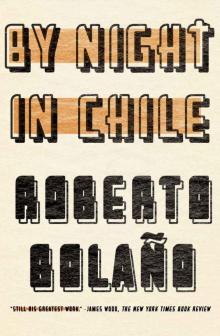 By Night in Chile
By Night in Chile Marathon Man
Marathon Man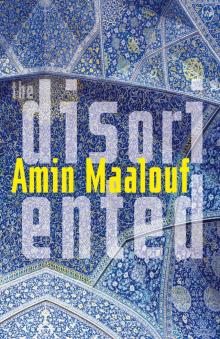 The Disoriented
The Disoriented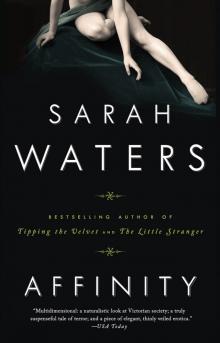 Affinity
Affinity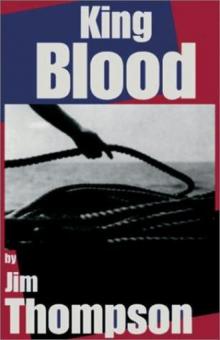 King Blood
King Blood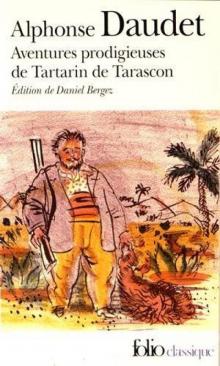 Tartarin de Tarascon. English
Tartarin de Tarascon. English Hamilton Stark
Hamilton Stark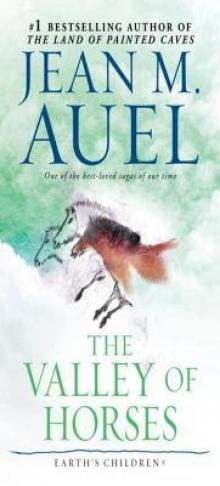 The Valley of Horses
The Valley of Horses